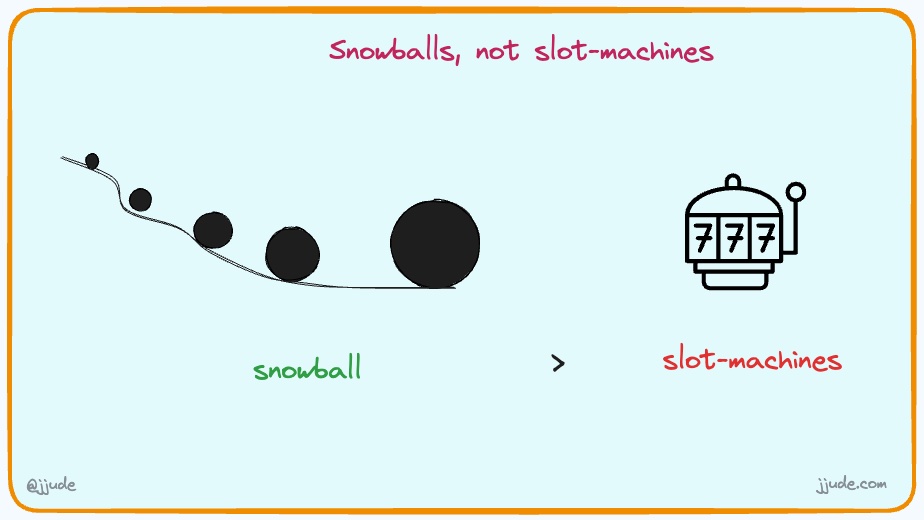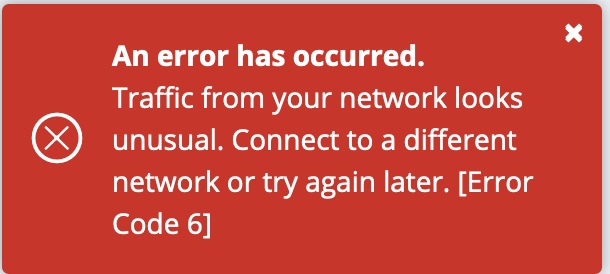As a junior project manager, I won an excellence award. I worked with the CEO, CSO, and CFO of the company. At that time, I got an offer to work for the Government of India for six months. It was risky, and I would be in an unfamiliar, bureaucratic environment. My mentor told me to take the chance, so I did.
My CFO called me an idiot for leaving my rising career behind when I said goodbye. I joked that if it didn’t work out, I’d come back.
That job turned out to be the best decision. Those six months turned into five and a half years. I served my country, earned well, and learned how to deal with bureaucracy. Getting to work with top officials was a great experience.
By letting go of that good job, I found something great.
Five and a half years later, another opportunity arose: starting a startup. Leaving my comfort zone meant taking the plunge into the unknown, again.
Despite putting my heart and money into my startup, it crumbled. I found myself in an unfamiliar city, Panchkula, where I knew no one. Despite the darkest nights, life took a turn for the better after a year.
I landed the role of chief technology officer and began homeschooling my kids. The city has parks to stroll through, trails to trek, and nice restaurants for family lunches. I serve in two churches.
If I hadn’t let go of that secure government job, none of this would have happened. That’s like holding on to a good branch but not reaching for the great one.
Are you hanging on to good things when great ones are right around the corner? Do you let golden opportunities slip through your fingers because you’re stuck in your comfort zone?

